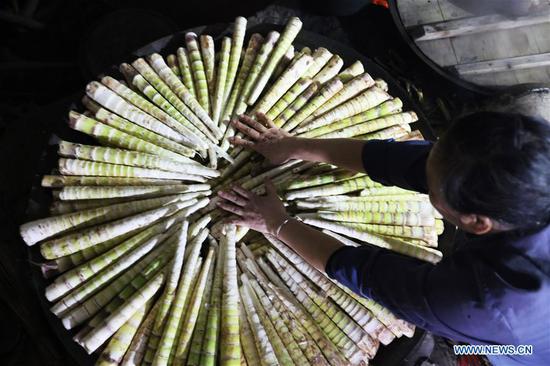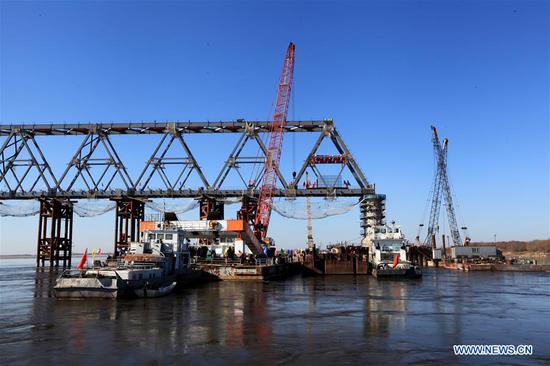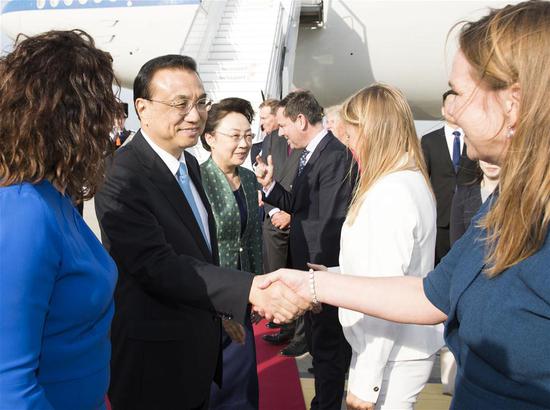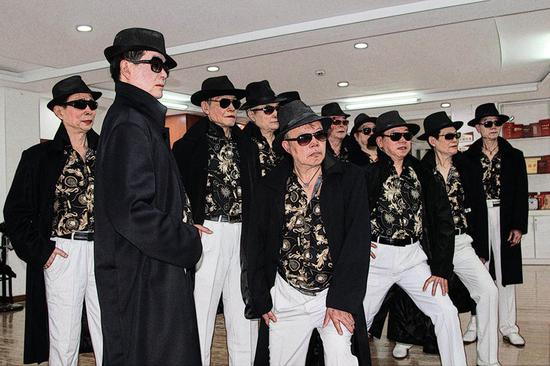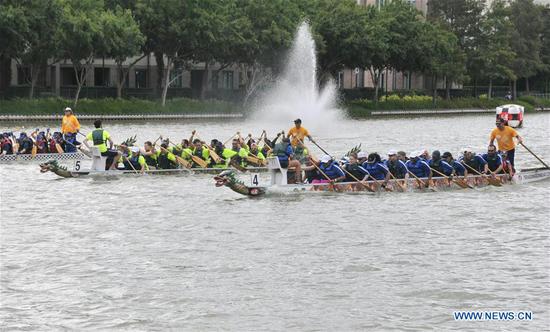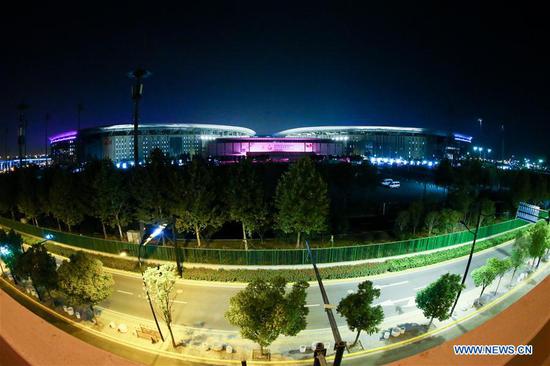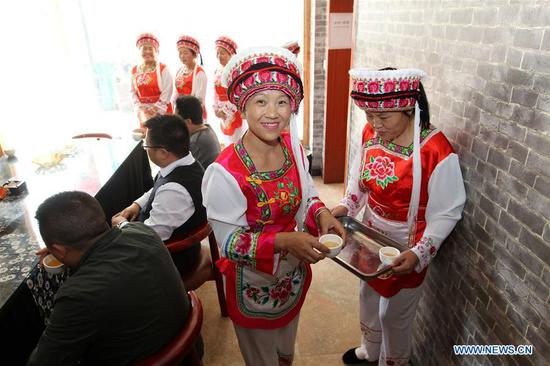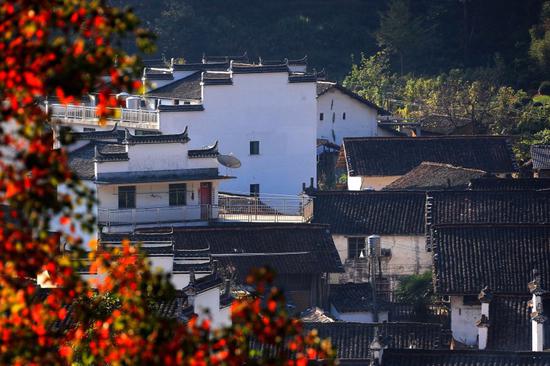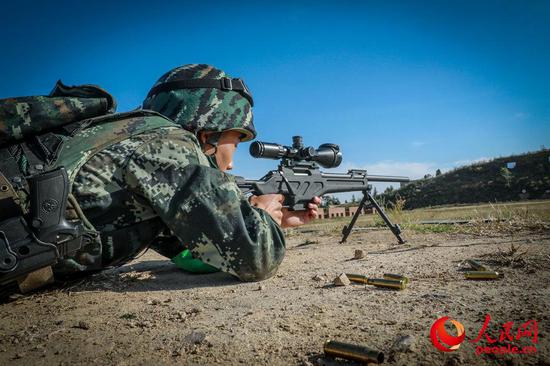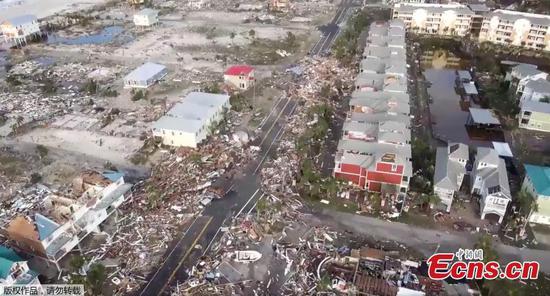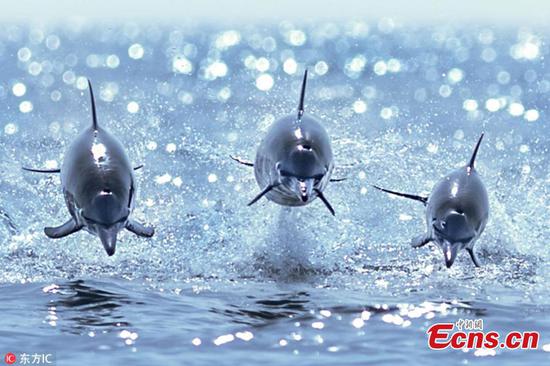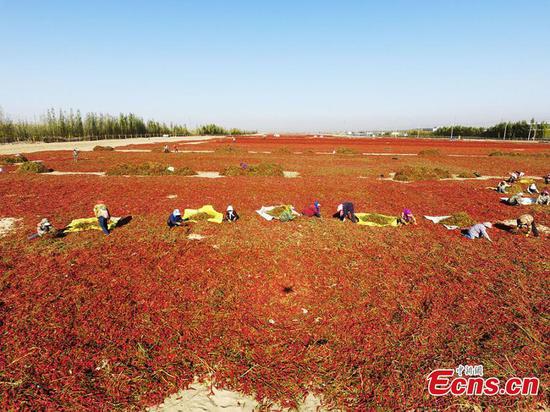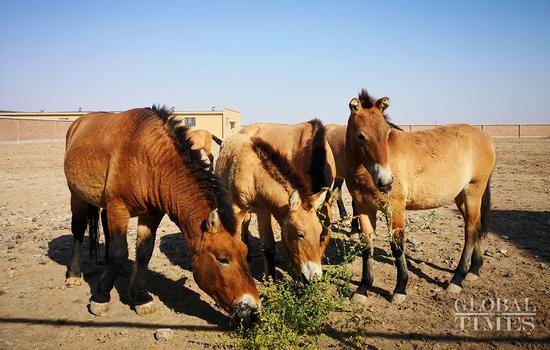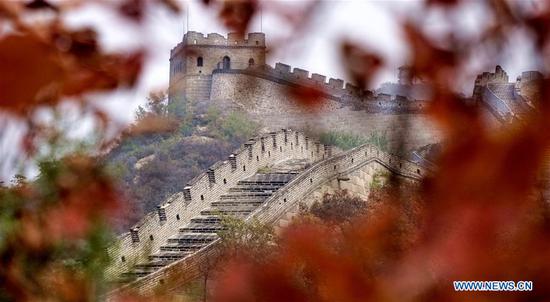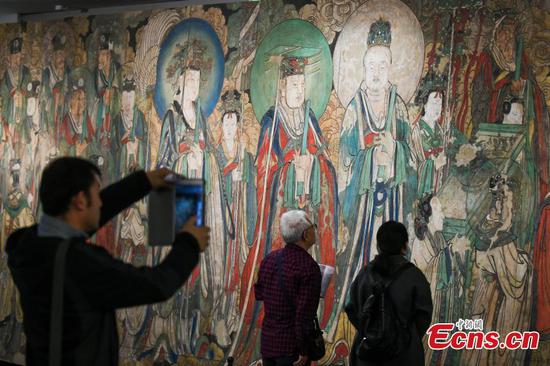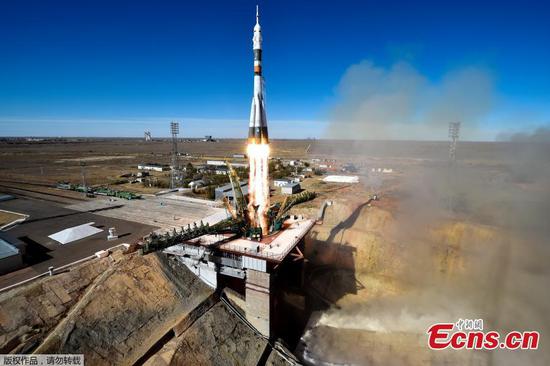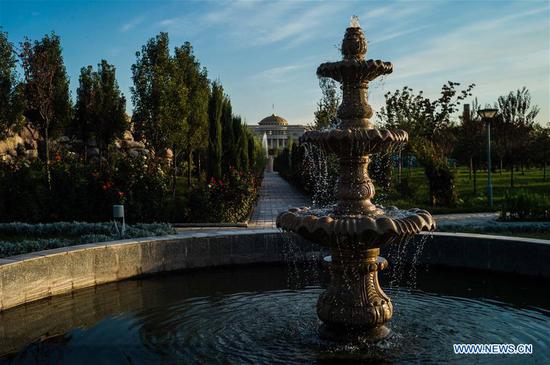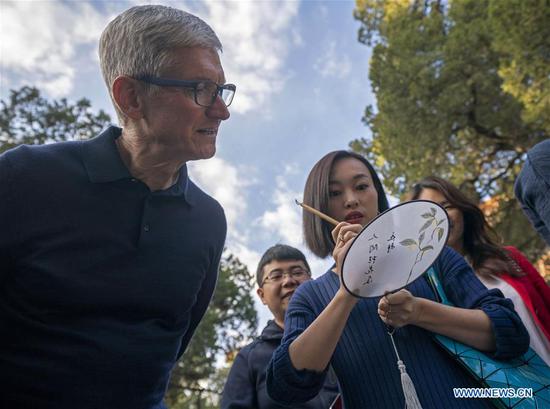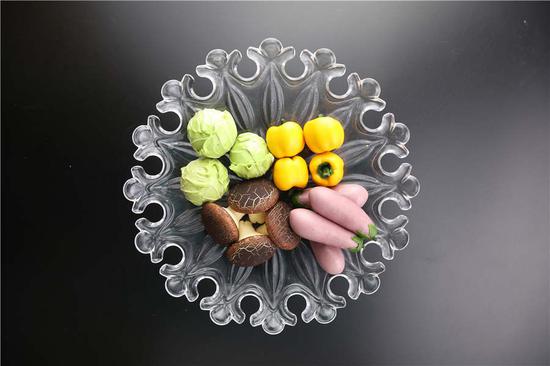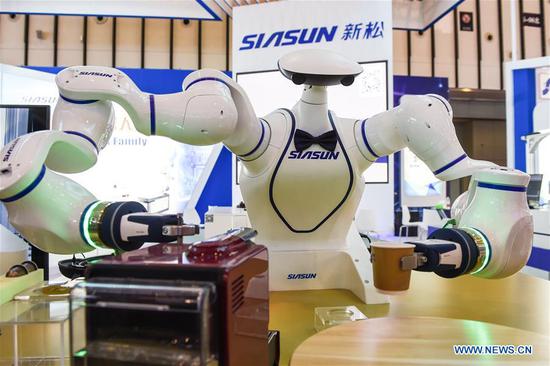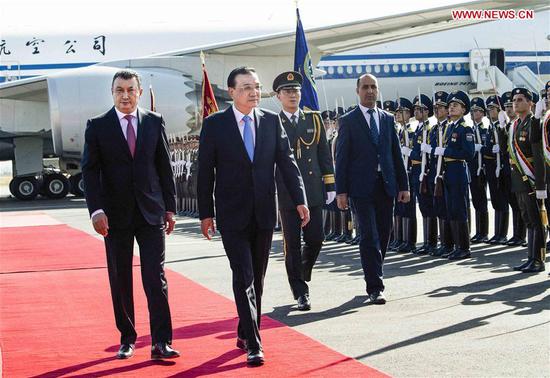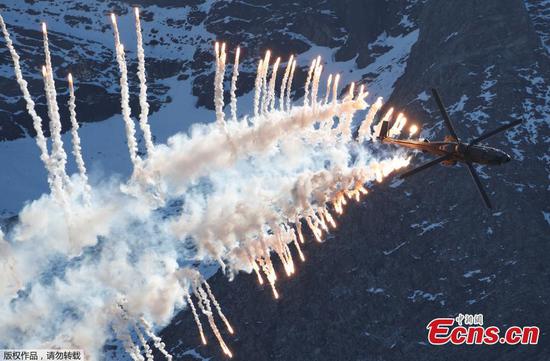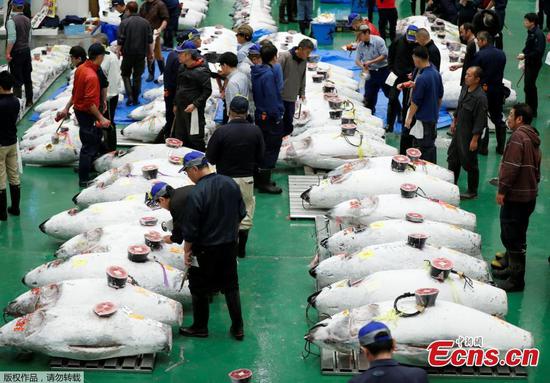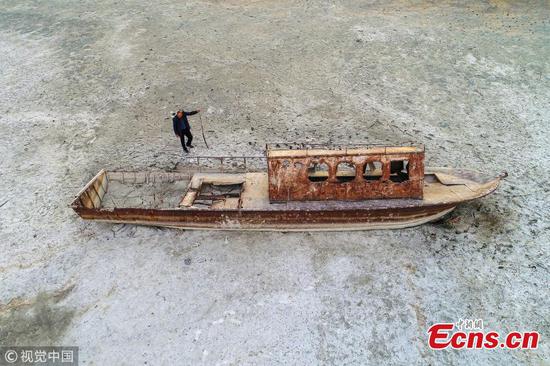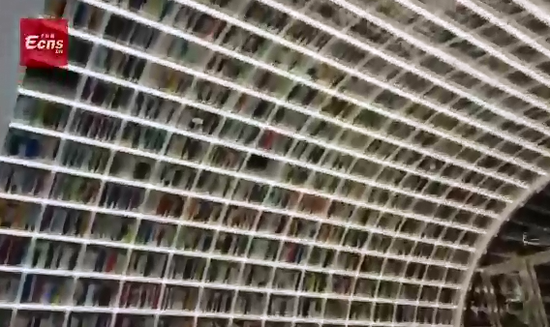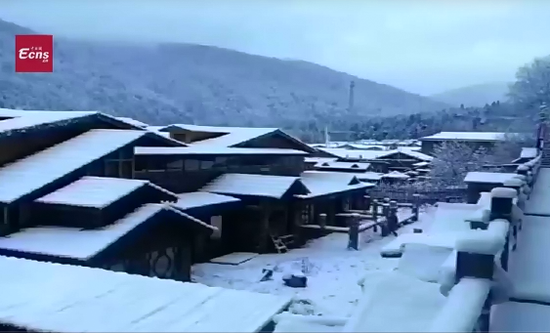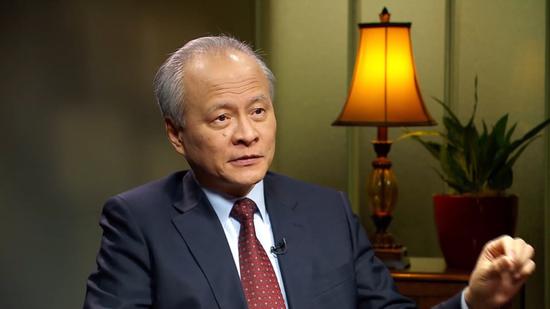
China's ambassador to the U.S. Cui Tiankai.
China's ambassador to the U.S. has hit back at claims his country is trying to hack next month's congressional elections. Cui Tiankai's comments come amid a deepening trade war between the U.S. and China.
He's yet to offer any proof beyond China placing a paid-for supplement in an Iowa newspaper - a practice governments all over the world do.
But U.S. President Donald Trump has accused Beijing of trying to swing next month's U.S. congressional elections against his Republican party.
Ambassador Cui told Fox News Sunday, “All these accusations are groundless.”
“One of the fundamental principles of China's foreign policy is non-interference in the internal affairs of other countries. We have been consistent in this position,” he said.
Washington and Beijing have been locked in a trade dispute for months. Trump is threatening to escalate it by potentially taxing a further $267 billion worth of Chinese goods.
Cui said the U.S. was at fault for unilaterally imposing duties first. “It's important to notice who started this trade war,” he said. “We never wanted this. But if someone started a trade war against us, we have to respond and defend our own interests.”
The Trump administration contends China employs unfair trade practices against the U.S. These include using industrial subsidies to undercut American producers and forcing U.S. companies to give up their trade secrets in order to do business in China.
China has long denied these claims. Ambassador Cui added, “I think all of these accusations about how China has developed are groundless and not fair to the Chinese people.” "You see, China has 1.4 billion people. It would be hard to imagine that one-fifth of the global population could develop and prosper not by relying mainly on their own efforts, but by stealing or forcing some transfer of technology from others - that's impossible."
There are also military tensions between the two sides. Last month, a U.S. and Chinese warship nearly collided with each other in the South China Sea, where islands are the subject of ongoing territorial disputes.
"It's not Chinese warships that are going to the coast of California, or to the Gulf of Mexico,” Cui said. “It's so close to the Chinese islands, and it's so close to the Chinese coast. So who is on the offensive? Who is on the defensive? This is very clear."
Despite these tensions, Trump has often stressed his personal chemistry with President Xi Jinping, and the two are reportedly due to meet at next month's G20 summit in Buenos Aires.
Cui said: "There's a good mutual understanding and good working relationship between the two. I hope and I'm sure this will continue."










